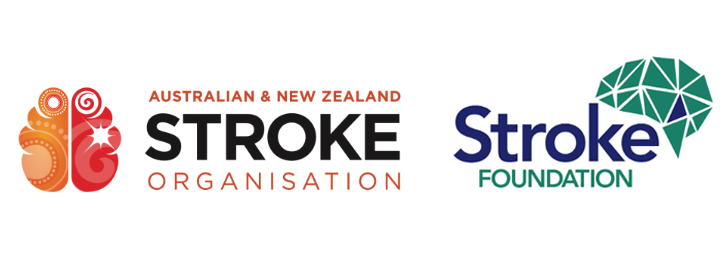The Australian Stroke Coalition (ASC) was established by the Stroke Foundation and the Stroke Society of Australasia (SSA) on 11 July, 2008. The Coalition brings together representatives from groups and organisations working in the stroke field, such as clinical networks and professional associations/colleges.
We work together to tackle agreed priorities to improve stroke care, reduce duplication amongst groups and strengthen the voice for stroke care at a national and state level.





